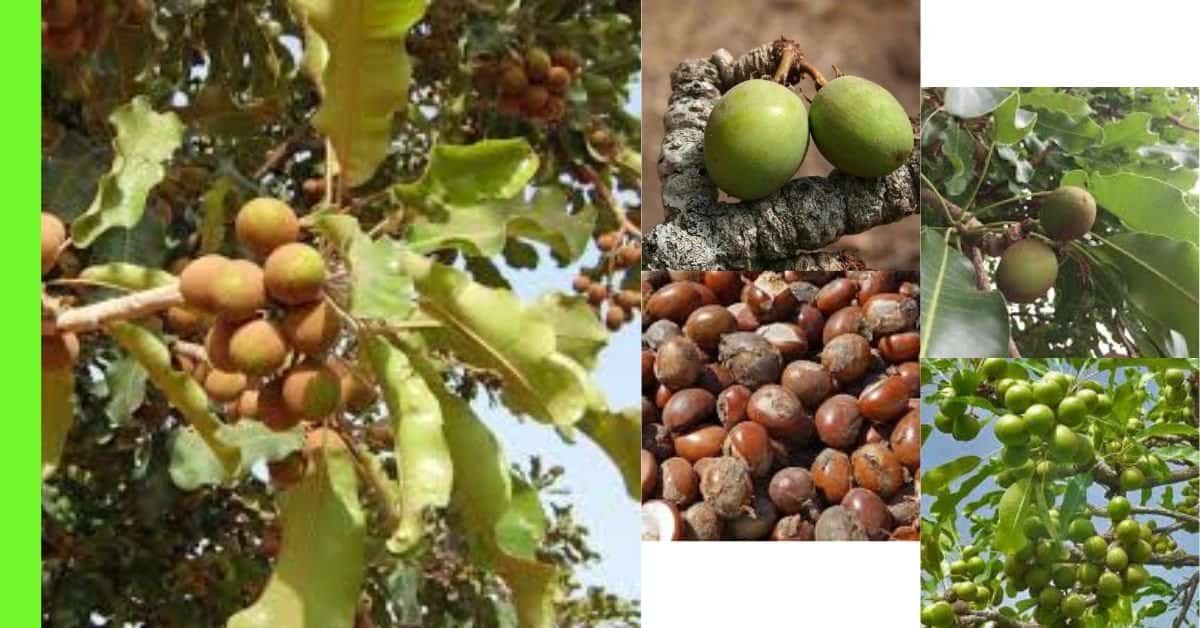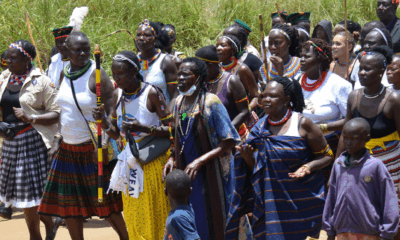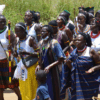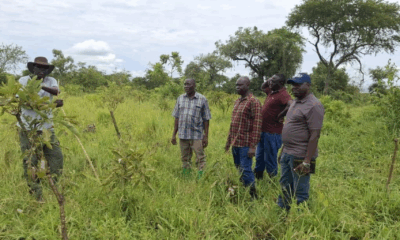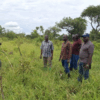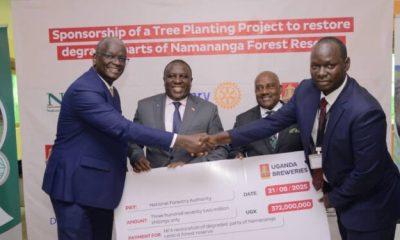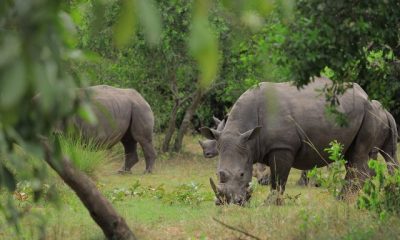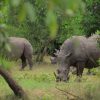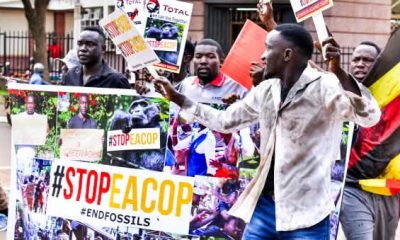Conservation
GEF Approves $6.7 Million for Uganda’s Endangered Shea Trees and Climate Resilience
The Global Environmental Facility (GEF) has approved a significant grant of $6.7 million (approximately 2.2 billion Ugandan shillings) to protect endangered shea nut trees in Uganda’s Acholi and Lango sub-regions. The funding, approved on June 5th, 2025, will also support crucial climate resilience initiatives for the communities heavily dependent on these vital trees.
The grant will finance the “Building a Climate Resilient and Sustainable Shea Landscape in Northern Uganda” project, a four-year initiative set to run from 2025 to 2029. This ambitious project aims to reverse the alarming decline of shea tree populations and empower local communities to adapt to the escalating impacts of climate change.
Conservation International will lead the implementation of the project to protect shea tree parklands, working in close partnership with Uganda’s Ministry of Water, Environment, and the Africa Innovations Institute. The initial phase of the project will focus on the districts of Agago, Kitgum, Pader, and Otuke, which collectively boast an estimated 15,000 hectares of shea trees.
Charity Nalyanya, Africa Senior Director, Technical Oversight at GEF, revealed that the project is expected to directly benefit 4,320 people across 4,500 hectares within the four targeted districts. Significantly, at least 60% of these beneficiaries will be women, recognizing their critical role in the shea value chain and their vulnerability to climate impacts.
“This area and its people have a long history with shea, but new external pressures from climate change and global demand for the tree’s products are now threatening the traditional livelihoods of rural farmers, many of them women, who depend on shea trees to sustain their families and communities,” Nalyanya stated.
Uganda has witnessed a rapid decline in shea nut trees over the past three decades, primarily due to deforestation, prolonged droughts, and unchecked land development. A stark 2023 estimate by the National Environmental Management Authority (NEMA) indicated that districts in northern Uganda, where shea nut trees are endemic, have lost a staggering 40% of their shea tree population. Furthermore, 30% of the trees in Adjumani, Madi Okollo, Otuke, Agago, Kitgum, and Kaabong districts were lost in just 20 years.
Conrad Newton, Senior Coordinator, Brand, and Communications Officer at Conservation International, highlighted the devastating impact of climate change on shea yields. “Extreme heat due to climate change has affected the yields of shea nut trees in northern Uganda,” Newton said in a press statement. He emphasized that “Climate-smart efforts such as this GEF-funded project will be imperative in increasing economic and food security in the region as climate change accelerates.”
The project’s multi-faceted approach aims to stabilize and sustain shea production through both large and small-scale interventions. These include: improving local policies and decision-making around land and natural resources; supporting agroforestry planning and training workshops; making the commercial shea value chain more inclusive for women and young people; restoring shea trees and monitoring tree-cover; and increasing communities’ access to alternative financing for climate-resilient livelihoods.
Nalyanya expressed optimism about the project’s potential impact, stating, “At the current planned scale, I’m optimistic that this work will measurably support these rural communities who did so little to cause the current climate crisis now facing them. It comes down to climate justice.”
Experts have observed that shea trees in northern Uganda have become significantly less productive during periods of water stress, a direct consequence of climate change. Carlos Manuel Rodriquez, GEF CEO and chairperson, reiterated the critical need for such initiatives. “Conservation International and the Global Environment Facility are committed to working alongside both local communities and national authorities to restore the vulnerable shea trees so that they can continue to provide for the region and the larger global community long-term,” Rodriquez affirmed.
Jean Olanya, a prominent dealer in shea butter products in Gulu City, offered valuable insights, suggesting that the fund should be strategically utilized to strengthen the shea nut value chain. This, she argued, would better protect rural women, especially shea nut collectors, from exploitation.
“If they could help the shea nut collectors, buyers, and processors to sell at a uniform price, then the rural women would earn better from shea nuts, but that is lacking,” Olanya explained. She noted that the impact of climate change on shea nut trees has already led to a sharp rise in prices, with a kilogram of shea nuts increasing from 300 shillings in 2014 to 2,000 shillings in 2024. Olanya predicts a further increase to 2,500 shillings per kilogram this year, attributing the surge not only to climate change but also to growing interest in shea nuts.
Maurine Ojok, a board member at Acholi Shea Cooperative Society, made a crucial appeal to the project implementers: to prioritize sensitizing local communities on the immense value of shea nut trees. “Especially in Agago district, people still are killing shea nut trees by sinking nails through them, because they think it is occupying space on their farms,” Ojok lamented, highlighting a critical knowledge gap.
The shea nut tree was placed on the International Union for the Conservation of Nature’s Red List of threatened species in 1998, underscoring the urgency of conservation efforts. The global shea market is a multi-billion-dollar industry, valued at over $2.4 billion in 2024 and projected to reach a staggering $4.4 billion by 2033. A 2024 Uganda Shea Market Study by Climate Smart Jobs (CSJ) further emphasizes the tree’s economic significance, estimating that 2.5 million women in Uganda depend on the shea butter value chain for their livelihoods.
This substantial GEF investment represents a critical step towards safeguarding Uganda’s invaluable shea tree heritage and ensuring a more resilient and prosperous future for the communities that depend on it.
Comments



